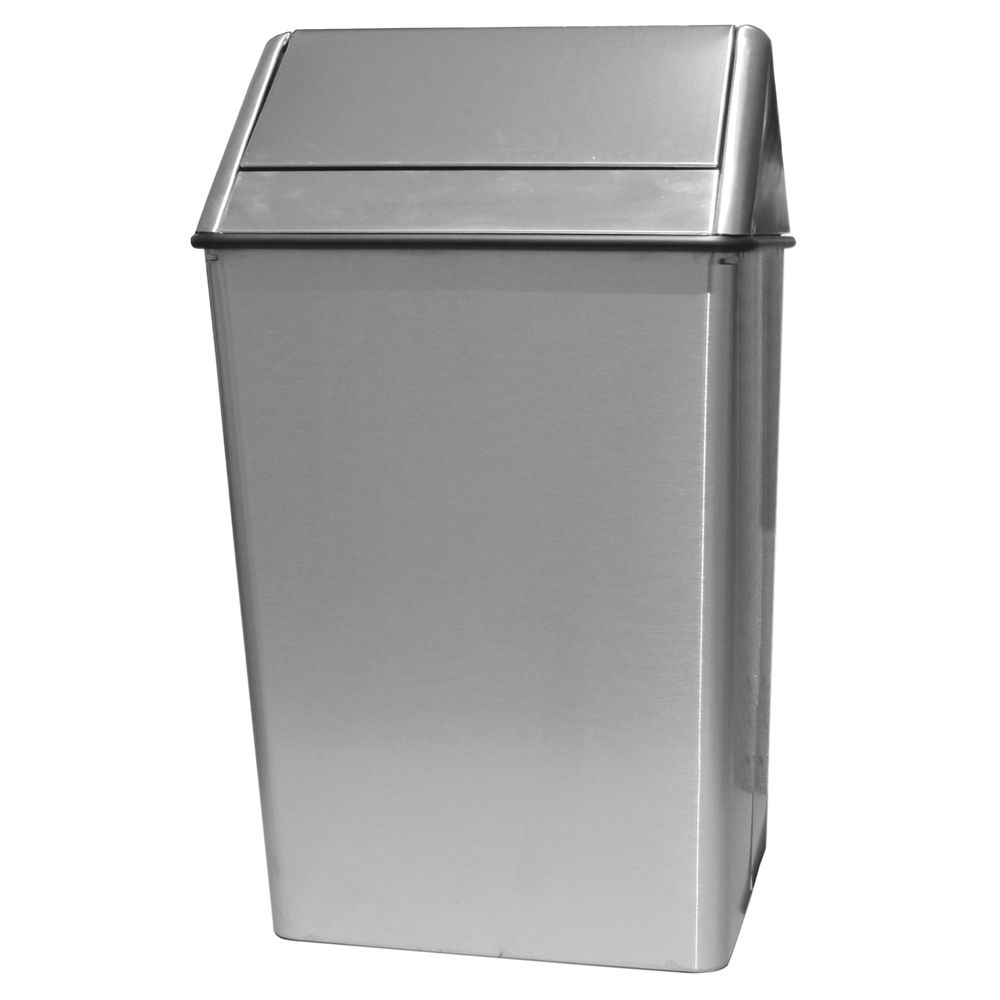Advanced commercial trash cans play a crucial role in maintaining sanitation and hygiene standards thereby significantly contributing to a cleaner environment. These modern receptacles are designed with several innovative features that not only enhance their functionality but also minimize the impact of waste on surroundings. One of the primary advancements lies in their material composition, often using durable and non-porous materials such as stainless steel or high-grade plastics. This choice not only ensures longevity but also facilitates easier cleaning and disinfection, crucial for preventing the buildup of harmful bacteria and odors. Moreover, advanced trash cans incorporate smart technologies that optimize waste management processes. Many are equipped with sensors that detect when the bin reaches capacity, signaling the need for emptying. This not only improves operational efficiency but also prevents overflow situations that can lead to littering and unsanitary conditions. Furthermore, some models feature self-compacting mechanisms that compress waste as it accumulates, reducing the frequency of emptying and minimizing transportation costs and carbon footprint associated with waste disposal.

In addition to their functional enhancements, these trash cans are designed with user convenience and safety in mind. Many feature hands-free operation through foot pedals or motion sensors, reducing physical contact and the spread of germs a critical feature in high-traffic areas such as airports, malls, and hospitals. This hands-free operation also promotes a more hygienic environment by minimizing the risk of cross-contamination. Furthermore, advanced commercial trash cans are often part of broader waste management systems that incorporate recycling and composting options. They are designed to facilitate waste sorting with separate compartments for different types of recyclables, encouraging environmentally responsible disposal practices. This segregation not only reduces landfill waste but also promotes recycling initiatives, contributing to sustainability efforts aimed at conserving natural resources and reducing carbon emissions. Aesthetic considerations also play a role in the design of these trash cans, particularly in public spaces where visual appeal is important.
Sleek and modern designs complement the surroundings while also deterring misuse and vandalism. Additionally, some models offer customizable options such as color choices or branding opportunities, allowing businesses and municipalities to integrate these bins seamlessly into their overall design scheme. The impact of advanced commercial trash cans goes beyond mere functionality and aesthetics; they also contribute to a cleaner and healthier environment. By effectively containing and managing waste, these bins help mitigate the spread of diseases and pests associated with improper waste disposal. They also reduce littering, which not only improves the aesthetic appeal of public spaces but also prevents environmental contamination, particularly in sensitive ecosystems. Their durable construction, smart features, and user-friendly designs make them indispensable in maintaining cleanliness and hygiene in diverse settings. By promoting responsible waste disposal practices and reducing the environmental impact of waste, these modern receptacles play a vital role in creating and sustaining cleaner, healthier communities.






